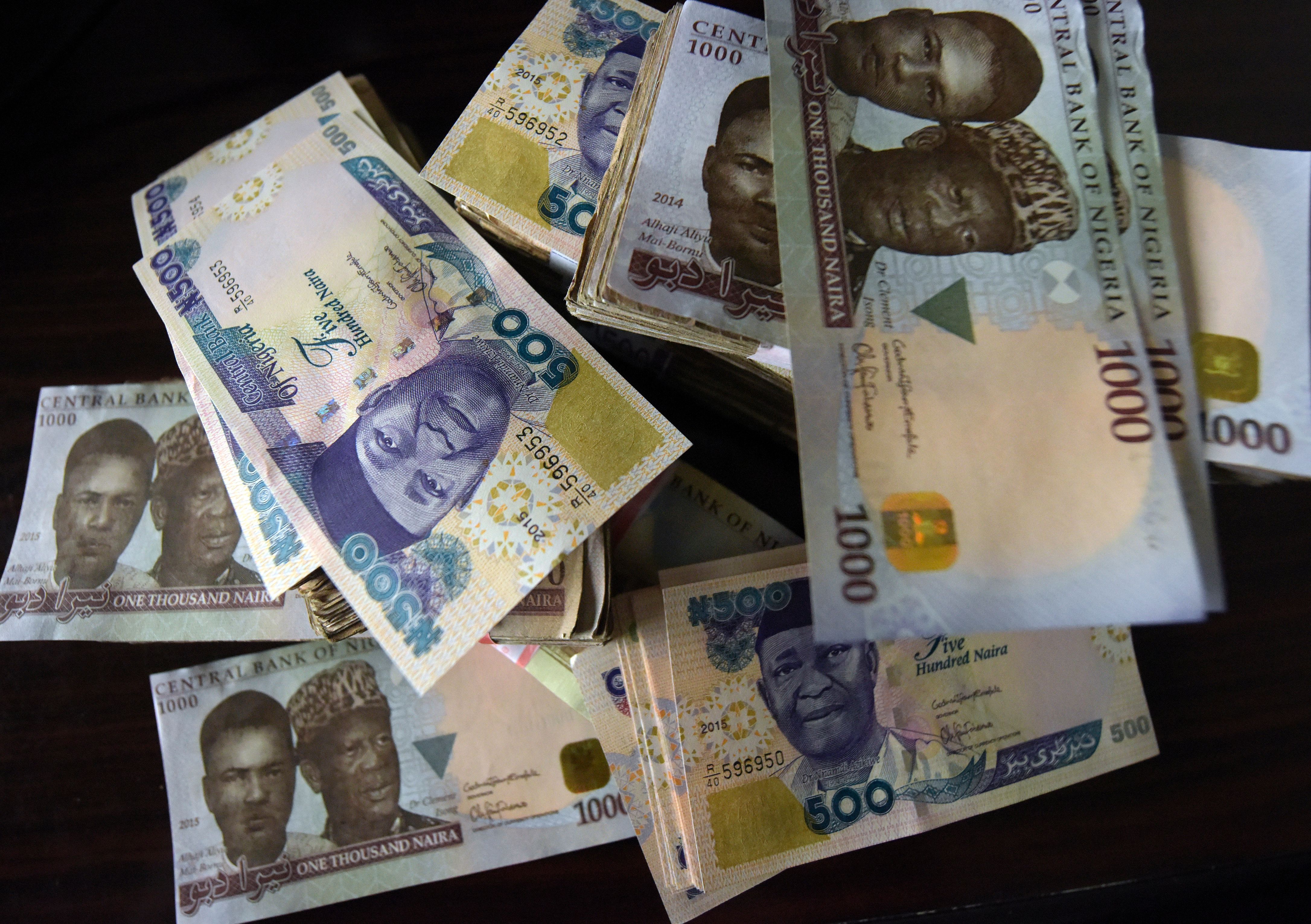An assessment by the Nigeria Bureau of Statistics indicates that Nigeria’s economy will go into a recession at an average of -4.4 per cent, the finance minister, Zainab Ahmed, has said.
Ms Ahmed spoke while addressing journalists after the National Economic Council meeting on Thursday.
“The National Bureau of Statistics (NBS) has made an assessment. So, it is the NBS assessment that Nigeria will go into a recession measuring at an average of -4.4%.
“But with the work that the Economic Accessibility Committee is doing bringing stimulus packages, we believe that we can reduce the impact of that recession.
“And if we applied all that have been proposed and we are able to implement it we may end up with a recession that is -0.4 per cent. In any case, we will go into recession but what we are trying to do is to make sure that it is shallow so that we will quickly come out of it come 2021,” Mrs Ahmed said.

A country’s economy goes into recession when its Gross Domestic Product (GDP) reduces for two consecutive quarters.
Nigeria’s GDP figure for the first quarter of 2020 is yet to be released.
Nigeria is one of the countries hardest hit by the impact of the coronavirus pandemic.
A large part of its budget is funded by oil revenue which makes up over 90 per cent of its export. The sharp drop in oil prices globally has meant reduced income for the West African country.
Nigeria also closed a large part of her economy to prevent the spread of the coronavirus. All its airports are still closed except for essential flights while businesses are only partially reopened.
Mrs Ahmed also spoke on why Nigeria was gradually re-opening its economy despite a daily increase in coronavirus cases.
“This is a very difficult time because the challenges we have now are double. There is a health challenge, there is an economic challenge. Even as we are addressing the current health challenge, we still have to look at how we can support the economy so that the economy does not fall into a depression,” she said.
“We have to feed the people and you can only feed the people if people go out and farm. We are a very large population, we don’t want to take the risk and we don’t have enough fund to cushion the effect,” she said.

